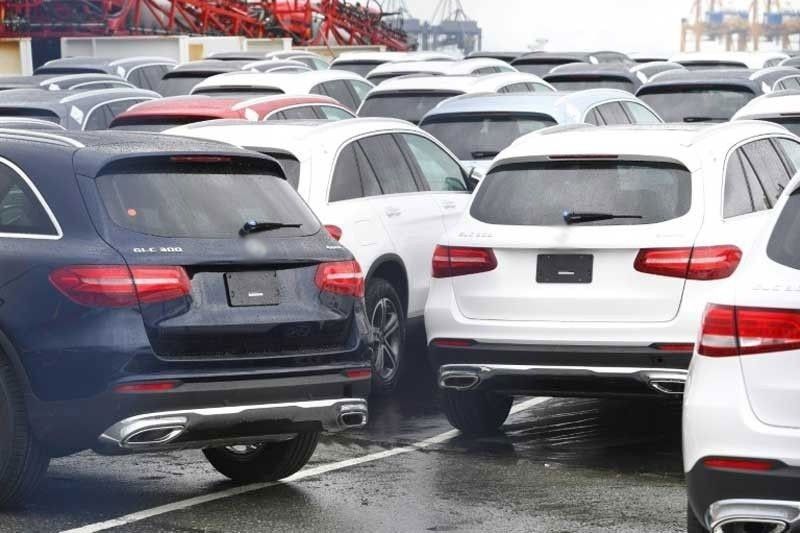Car firms warn tariffs to make crisis recovery harder

MANILA, Philippines — Fresh from the pounding from coronavirus pandemic last year, automakers are warning this year may not be any better, no thanks to a government order to slap tariffs on imported cars.
That decision, the Chamber of Automotive Manufacturers of the Philippines (CAMPI) said, is likely to trigger further sales losses, which in turn, could prompt carmakers to lay off jobs.
“We project further reduction in sales volume which in turn poses risk of employment downsizing, not to mention government revenue loss,” CAMPI President Rommel Gutierrez said in a Viber message when asked for comment.
While CAMPI groups companies that assemble cars in the Philippines, the industry group’s members have for years been more inclined to ship in completely assembled units from offshore due to cheaper costs. Across the sector, the share of imported vehicles rose from just 40% in 2006 to about 70% in 2018, trade department data showed.
This is why the trade department’s order of a safeguard duty on imported vehicle sticks. Under the order issued on Tuesday but initially announced Monday, importers will need to show up with cash bonds up to P70,000 for passenger cars and P110,000 for light commercial vehicles.
The Department of Trade and Industry acted on a petition by the Philippine Metalworkers Alliance, a labor group composed of roughly 13,000 unionized members, which said that the duties will help local vehicle assemblers recoup losses from cheaper import competitors.
But Gutierrez warned the tariff would not bring customers to buy locally made vehicles and instead trigger a shift to second-hand vehicles, hurting the automotive sector as a whole. “With much uncertainty, investments in dealer expansion and parts localization may be deferred,” he added.
For decades, the Philippines has tried to revive its manufacturing sector, and foremost of that industry is the car-making business. The government even has its own Comprehensive Automotive Resurgence Strategy or CARS program that offers tax perks to assemble cars here.
But incentives were deemed insufficient to offset rising business costs so the program only produced little gains. Currently, the Philippines sources most of its cars from Thailand and Indonesia, which collectively accounted for 65% of total car imports in 2018, the latest period on which data is available.
“The risk in the short term will be the disruption in regional production and supply. In the medium to long term, this will further slowdown regional economic growth because of chain reaction to other industrial sector,” Gutierrez said.
Beyond the car sector itself, Gutierrez also warned of potential “retaliation” from car-exporting countries which would have to pay more to enter the Philippine market.
Because of the pandemic’s disruptive nature, vehicle sales by CAMPI and Truck Manufacturers Association shrank 41.6% year-on-year to 196,197 units. The two groups were unlikely to have met their target to sell 250,000 units for all of last year.
- Latest
- Trending
































